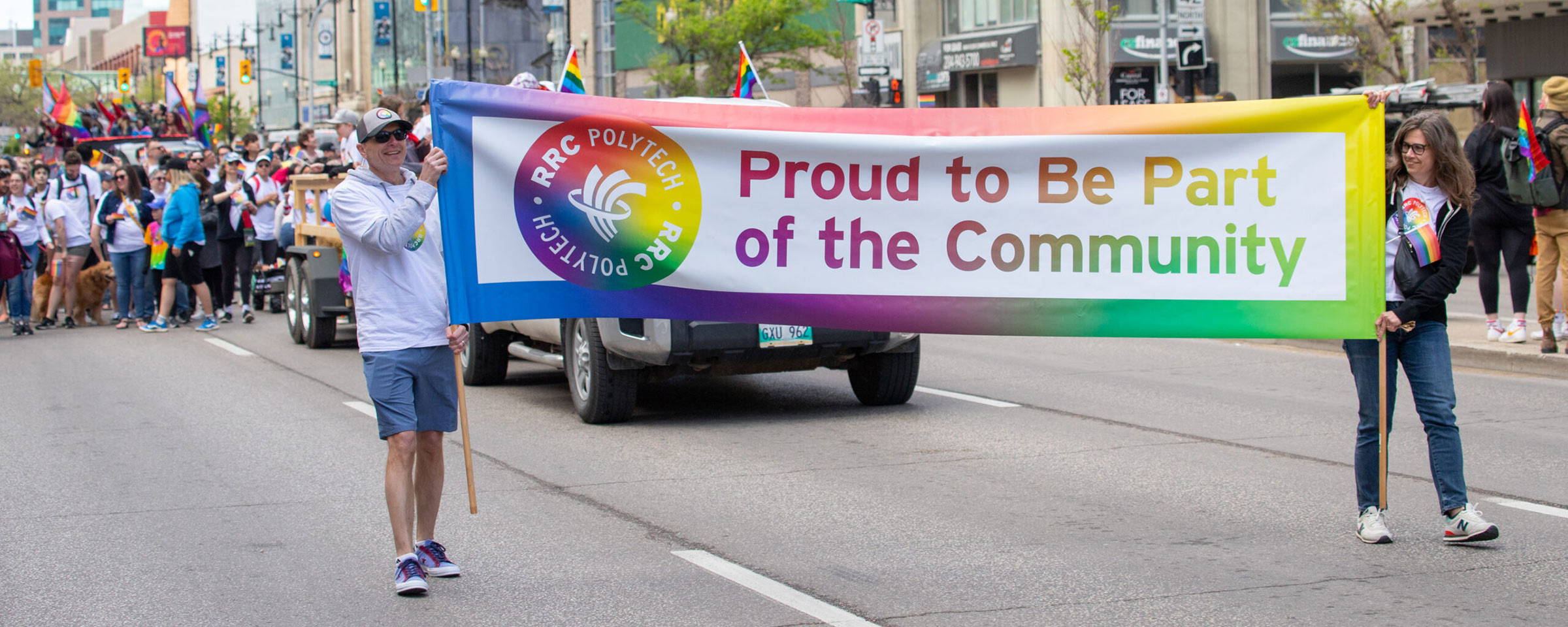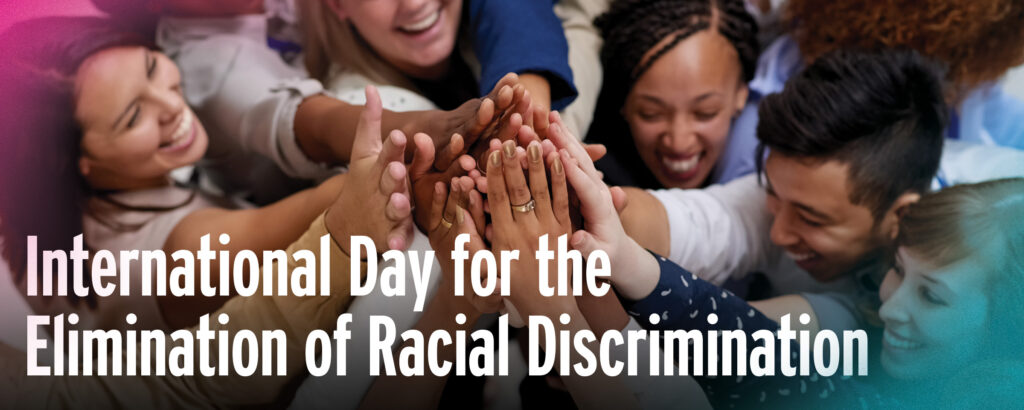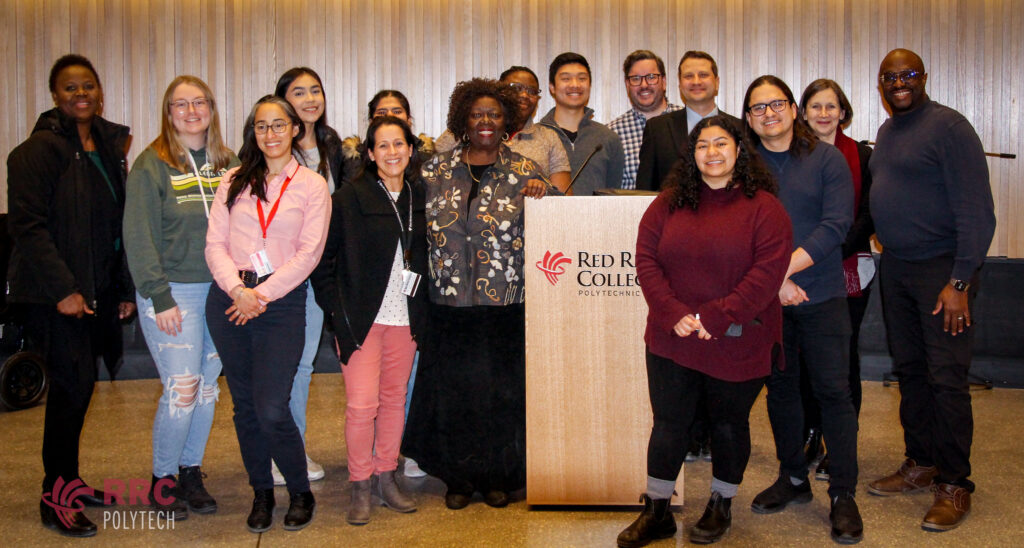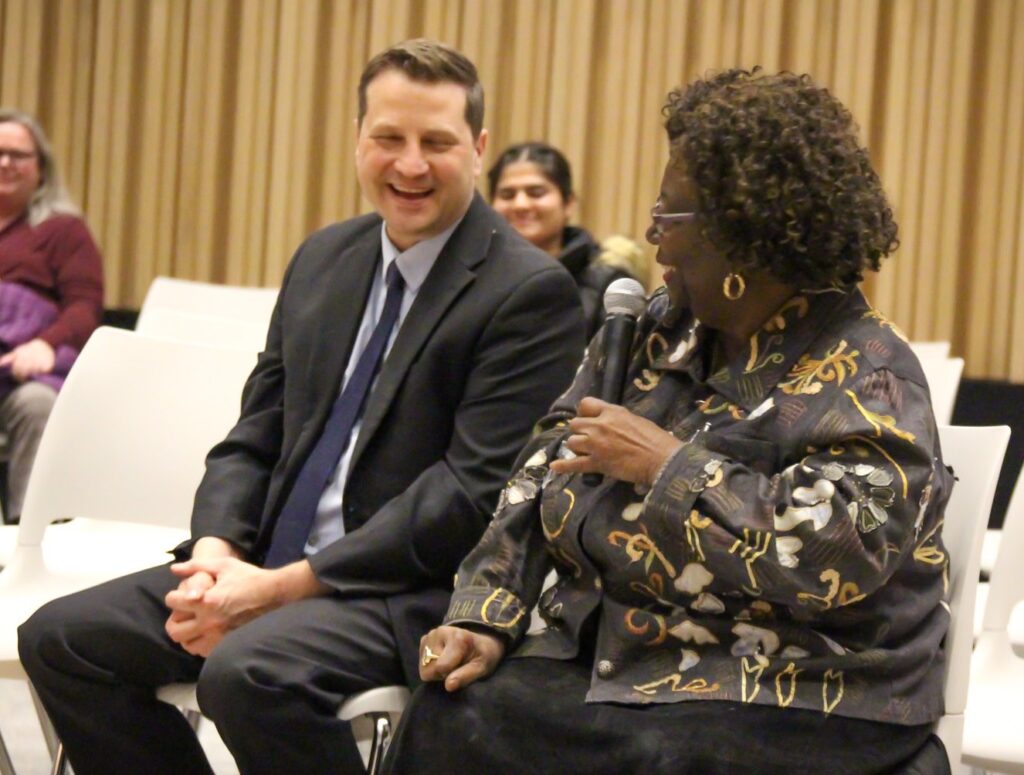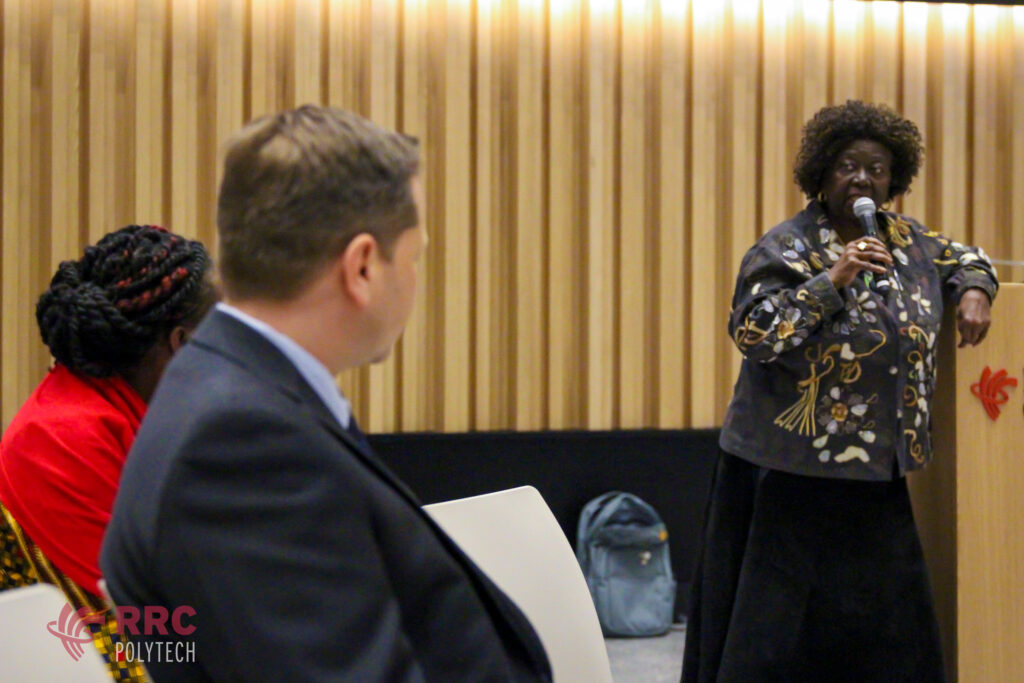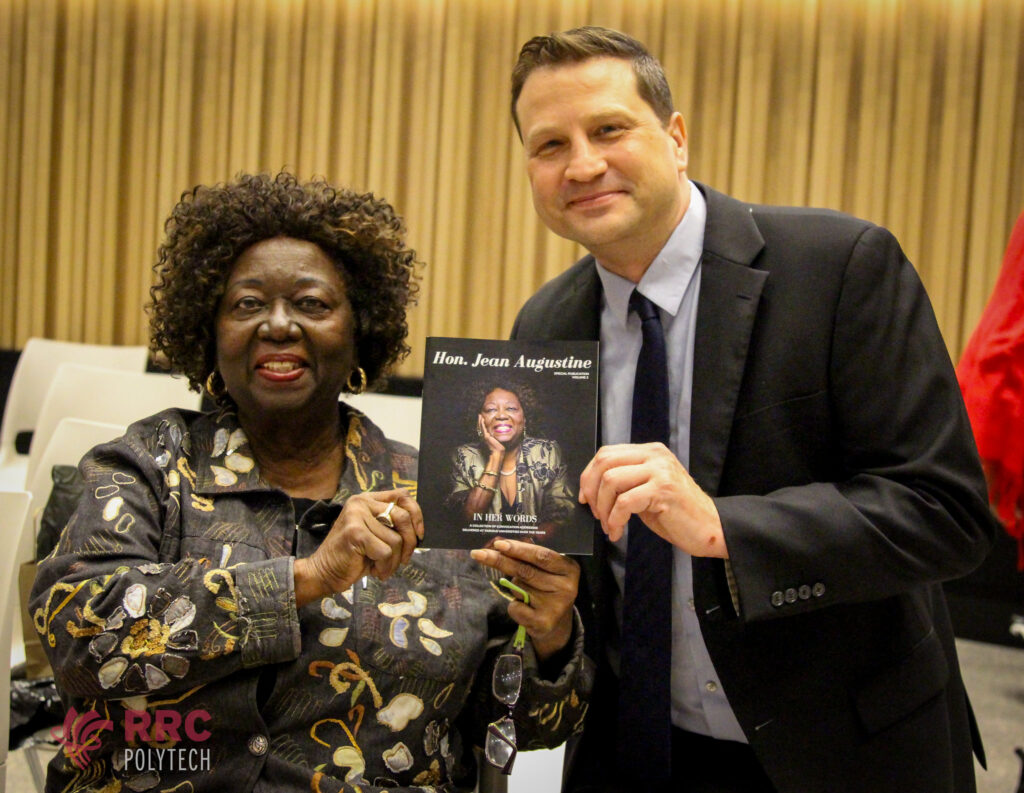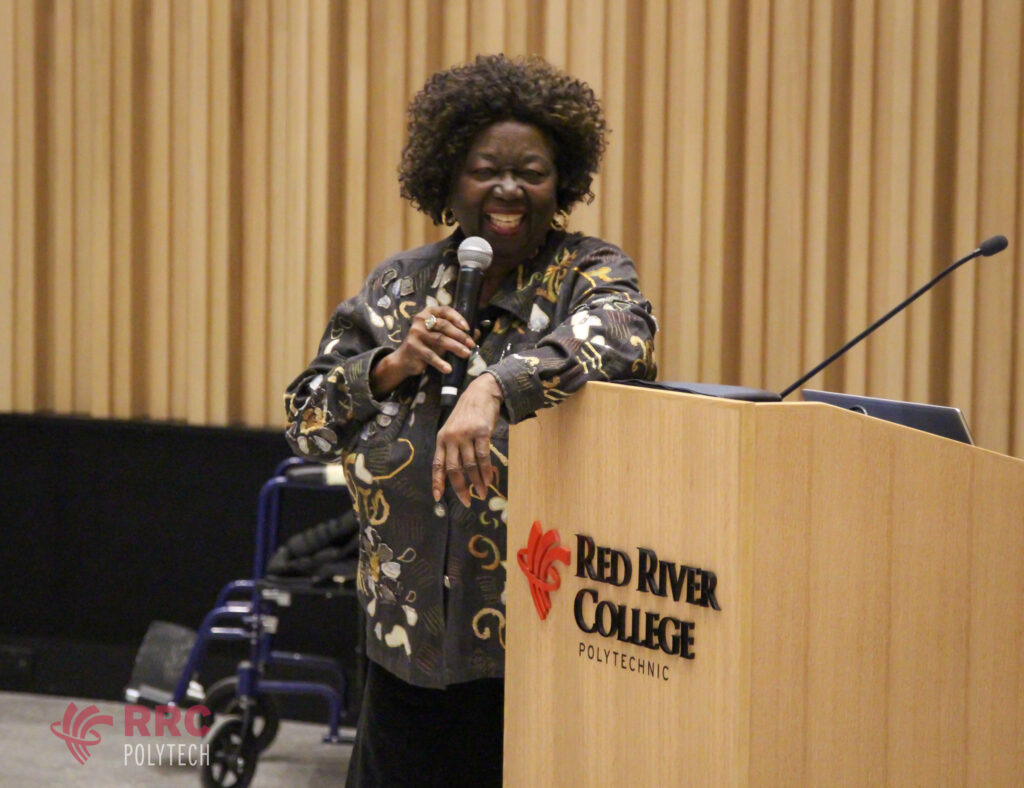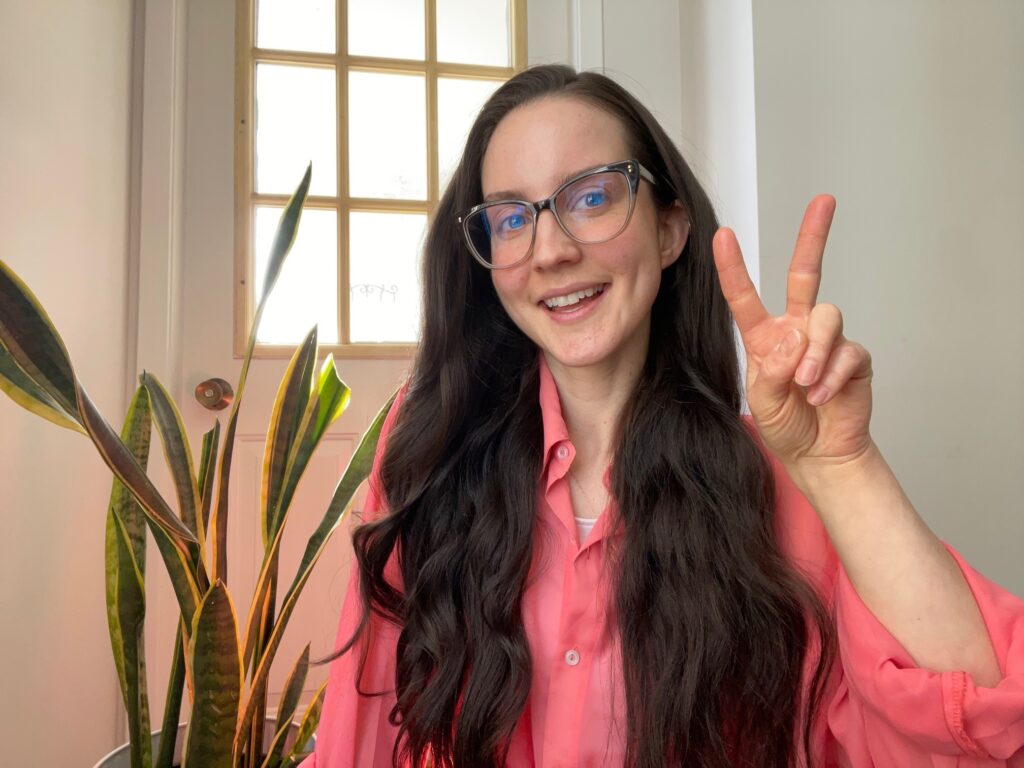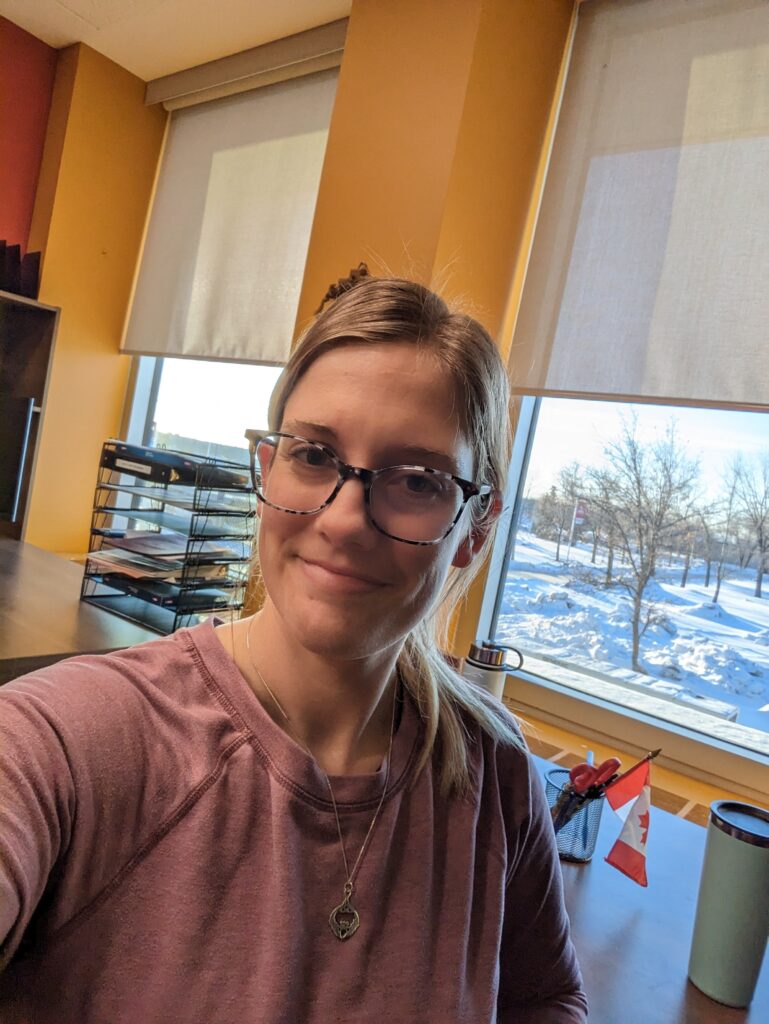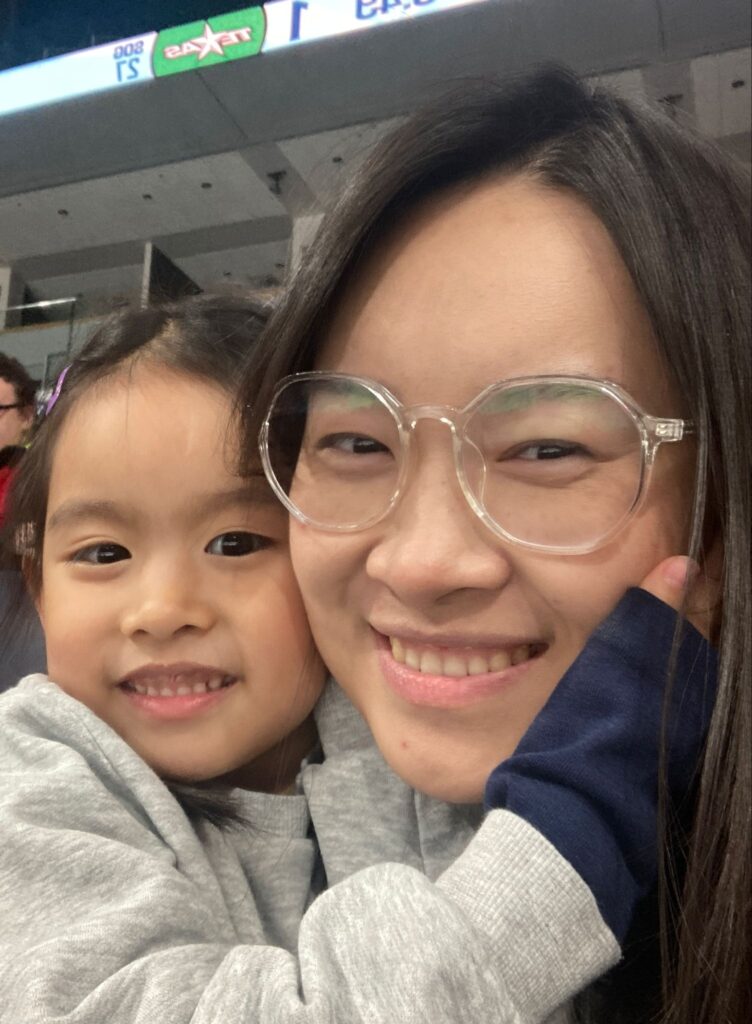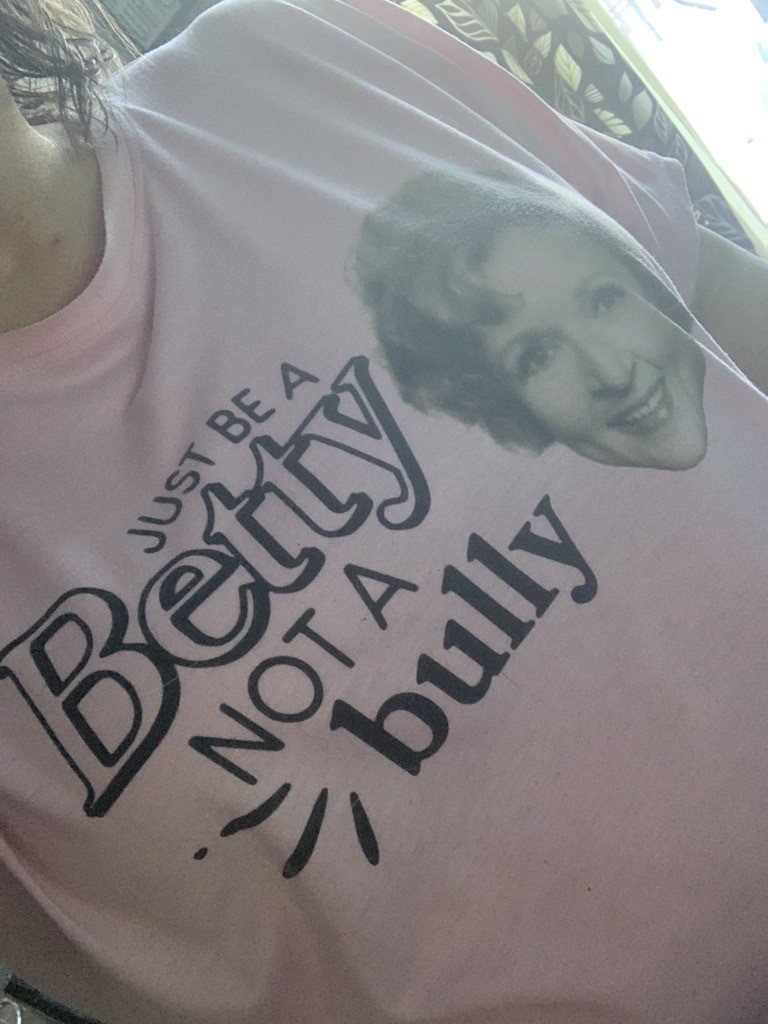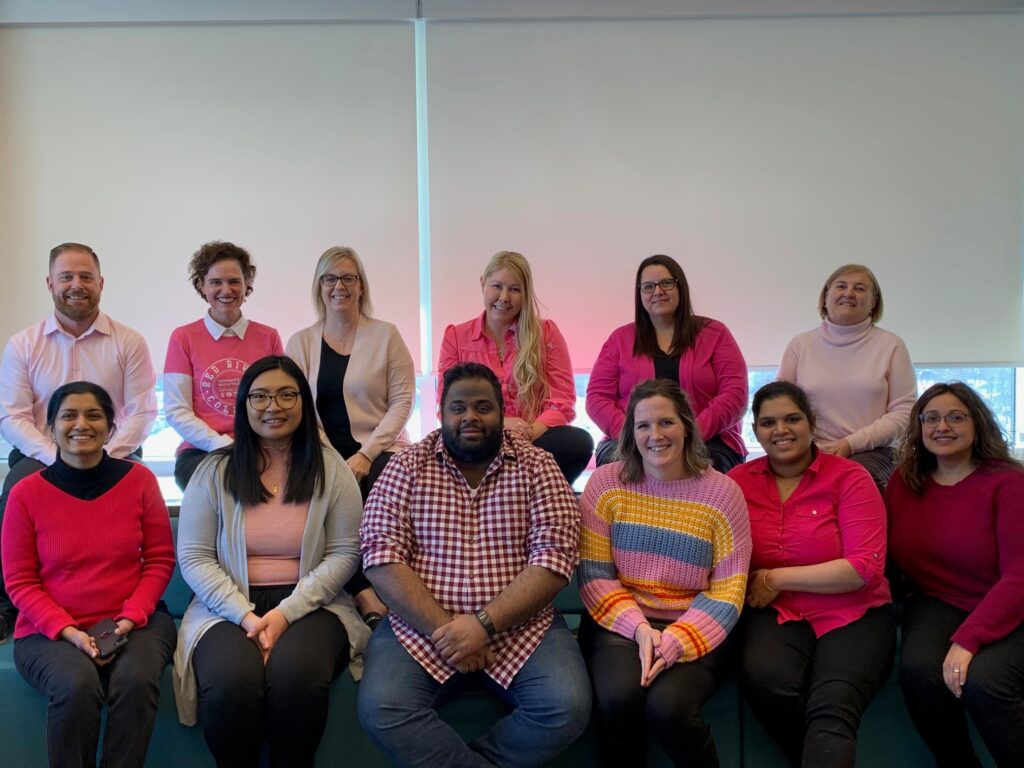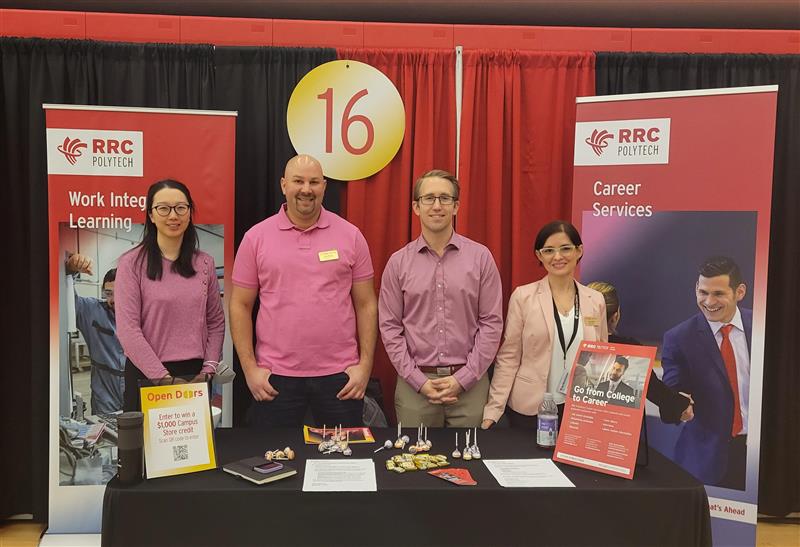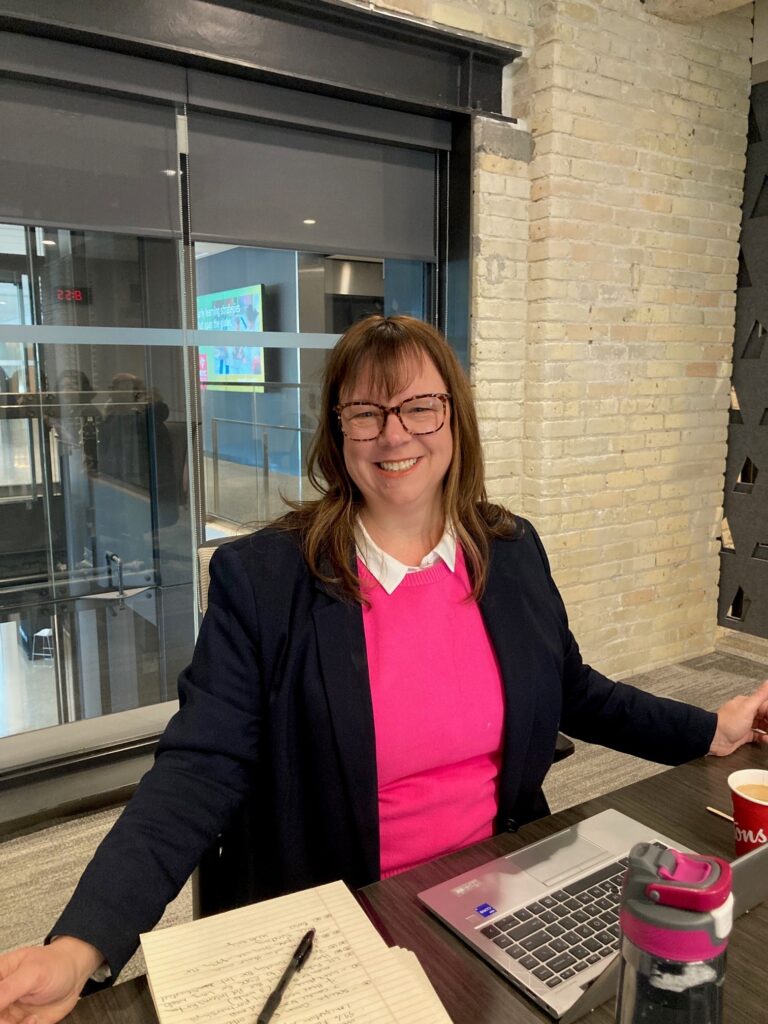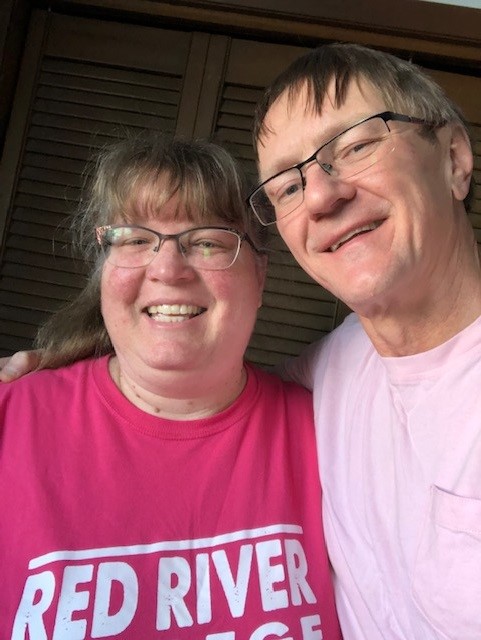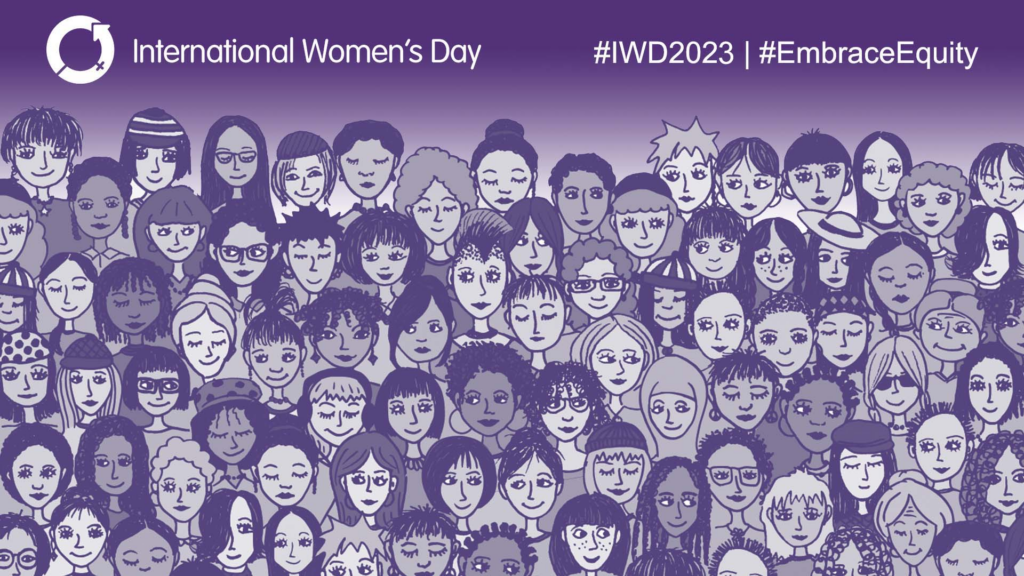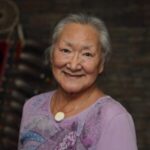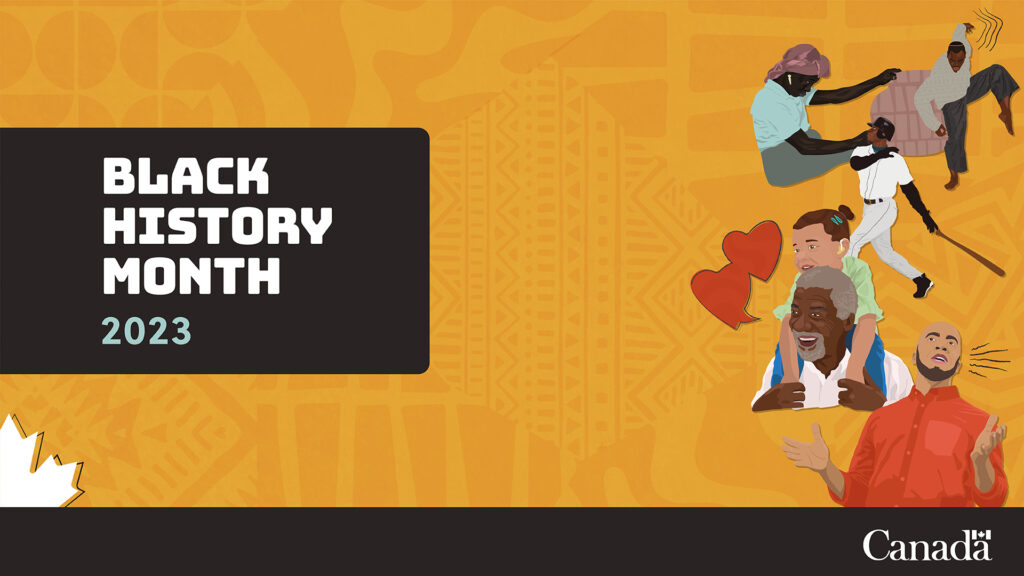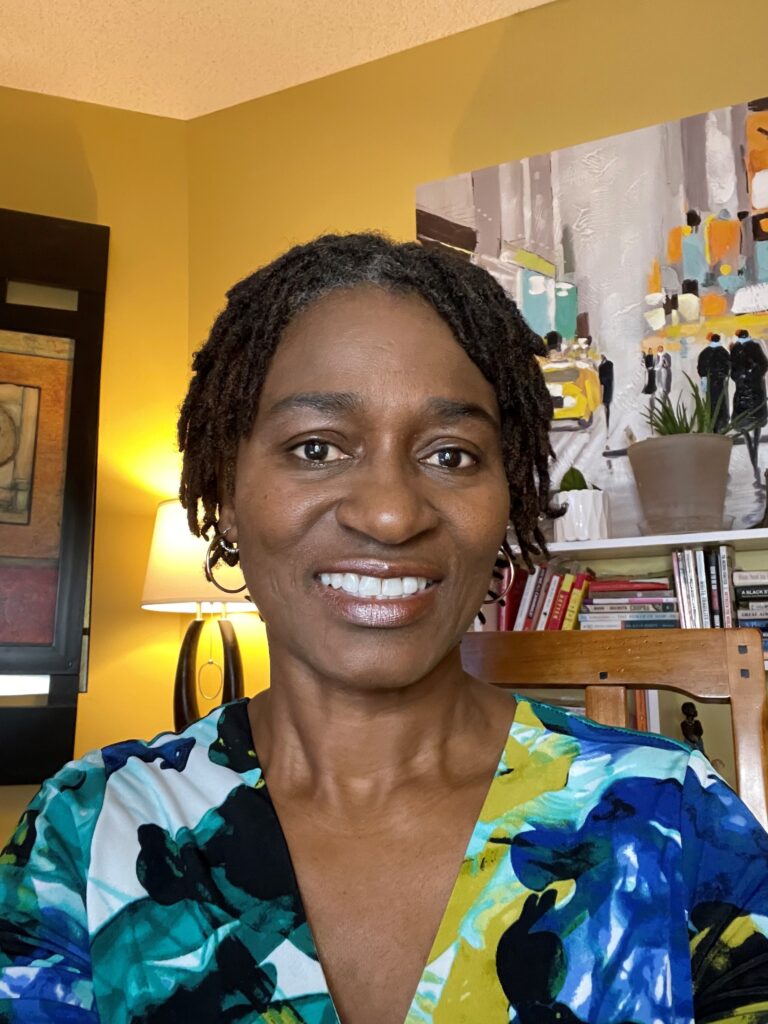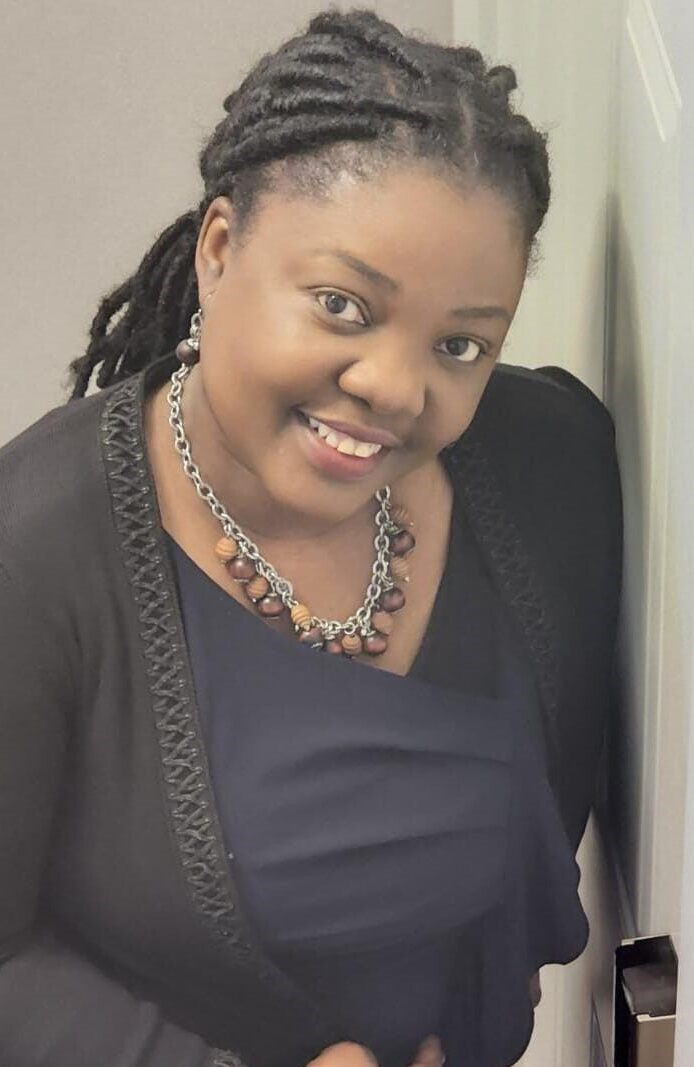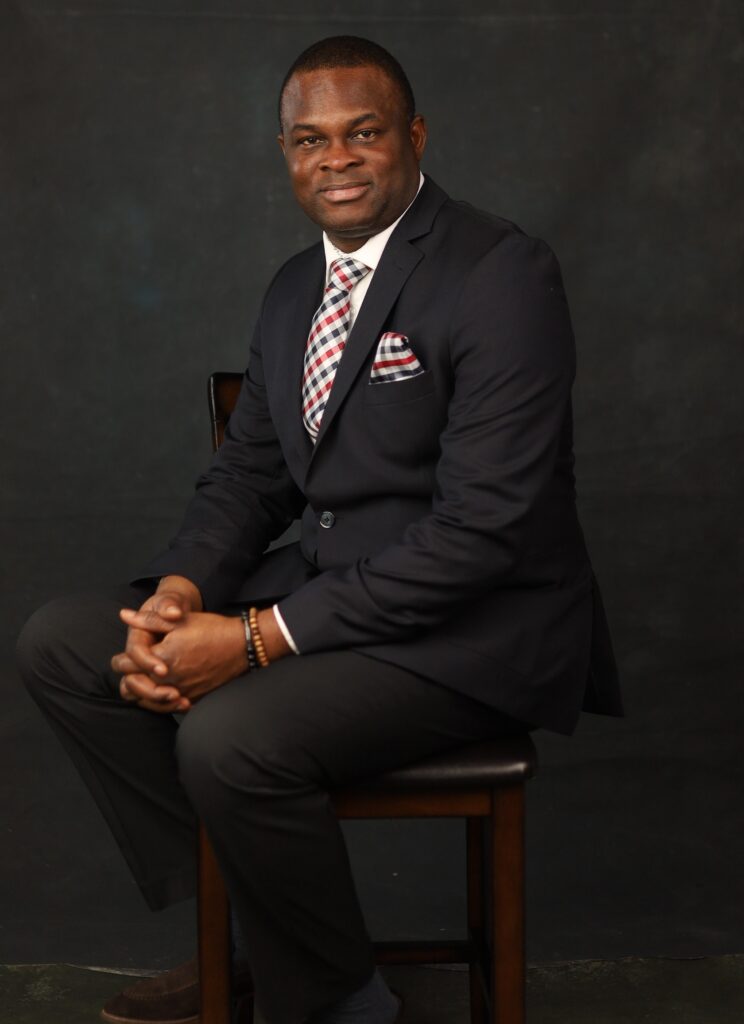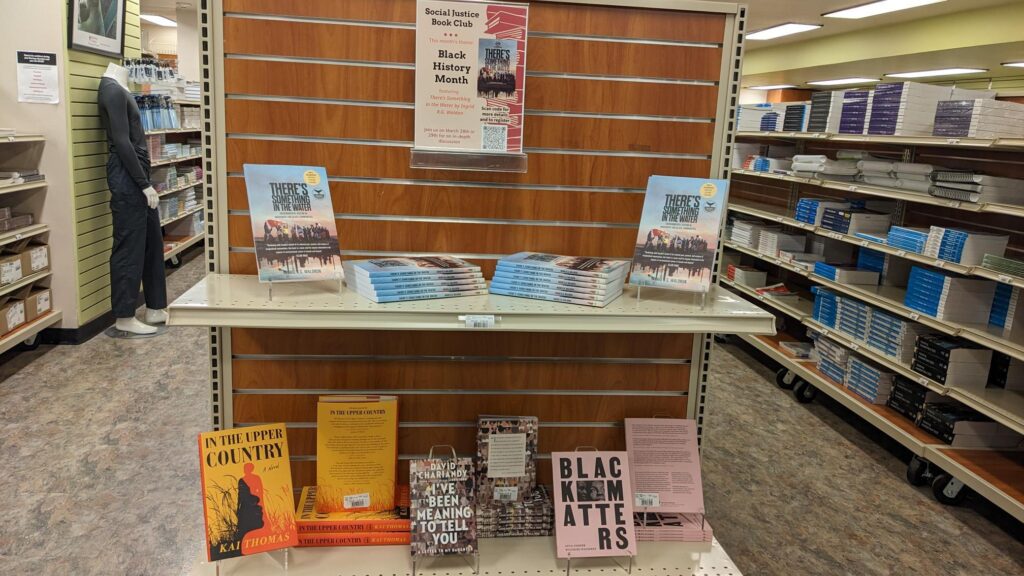Show your support during Ramadan
RRC Polytech is committed to creating a respectful community that is diverse, inclusive and equitable — a place where we can come together to better understand, embrace and uplift each other’s culture and experiences, and a place where all are welcomed for who we are, and for what we can build together.
Ramadan is a sacred month for Muslims around the world, marked by obligatory fasting and a spiritual cleanse.
To members of the faith, the ninth month on the Islamic lunar calendar is considered the holiest and healthy adults who are able, are required to fast from food and drink during the sunlit hours as a means of drawing closer to God and cultivating self-control, gratitude, and compassion for those less fortunate. Ramadan is a month of intense spiritual rejuvenation with a heightened focus on devotion and special prayers.
In 2024, the month-long fast of Ramadan begins around March 10 and ends around April 8. At the end of Ramadan, Muslims celebrate one of their major holidays called Eid ul-Fitr or the “Festival of the Breaking of the Fast.” In 2024 the holiday will be celebrated around April 10, and features prayer ceremony, food, games and presents for children as friends and family spend time together.
While the personal commitment to these sacred rituals may go unnoticed by some and spark curiosity in others, please be mindful that this observance may result in altered sleep patterns, changes in energy levels, increased anxiety around meeting deadlines, and requires a commitment to prayer timings.
Here are a few simple ways for non-Muslims to be supportive of students, staff and members of the College community who are fasting for Ramadan.
Be flexible, adaptable, and respectful.
Be conscientious of how much physical energy is required for an activity or outing you may propose, the time of day in which meetings or events may fall, and the settings in which you are doing them.
There are also various reasons Muslims may not be fasting, premised in the faith tradition or entirely personal, so you shouldn’t assume or ask someone if they’re observing. Please respect their privacy unless they choose to share and engage.
Be an ally in your department to those who are observing Ramadan and seek out more information to better understand and support your colleagues.
